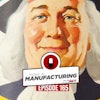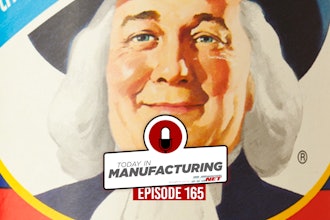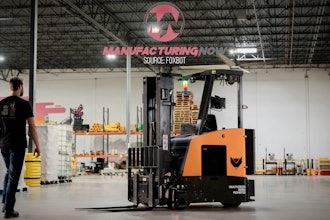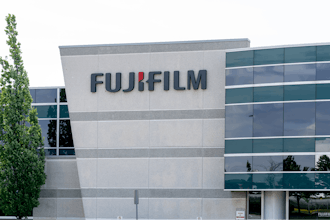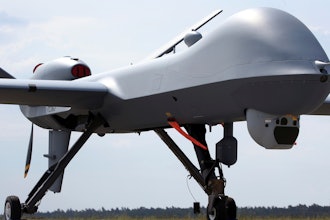Radio Frequency Identification (RFID) technology has certainly changed the face of manufacturing in recent years and more changes are on the way, according to Odin Technologies CEO and President Patrick Sweeney.
“It has really been an interesting evolution,” Sweeney said. “The hype from the Wal-Mart and DOD requirements have had people thinking a little more creatively and we have also seen some dramatic improvements in the technology.”
Manufacturers in aerospace, defense and high technology are using RFID to increase the accuracy of work-in-process and decrease non-consumable costs, getting a much improved quality control process overall by using RFID. However, not all companies have yet to take advantage of this technology. According to Sweeney, some RFID hardware companies have created a hindrance to adoption by selling a component or device, rather than an overall solution.
“Think of it in terms of a laptop. You certainly wouldn’t pick out the memory, find the right processor, go buy a keyboard and see if you could search for the right firmware,” Sweeney said. “That’s the equivalent of what many barcode resellers have done. They have created a relationship with RFID hardware manufacturers and just tried to sell a component.”
Moving forward, standardization may help jump the hurdles of implementation. In the last 12 months, the RFID standards have stabilized to the point where a company implementing a “closed-loop” manufacturing solution can co-op with partners and suppliers based on various ISO standards.
“Having a deep understanding of the standards out there is one of the key factors for driving success,” Sweeney said. “The technology isn’t plug-and-play. You really have to understand how the environment can change.”
Looking to the future of RFID, Sweeney predicts a high level of integration for manufacturers across the board.
“What I see in the immediate future is that closed-loop systems will have a tremendous ROI for internal processes,” Sweeney said. “Long-term, in three to five years, most manufacturing companies will have more RFID readers than they have servers. In 10 years, all manufactures will have more RFID readers than they will have telephones.”
There are however, some instances where a manufacturer would not benefit from an RFID implementation, according to Sweeney.
“If they have business processes that need to be re-engineered or they don’t have the ability to act on the data, then they are not going to benefit from RFID,” Sweeney said. “Clearly, the benefit of an RFID system resides around being able to use the ‘actionable intelligence.’ If a company can’t act on the data and the intelligence they are getting from the RFID, then it isn’t going to be a benefit.”
To listen to the entire interview with Patrick Sweeney from Odin Technologies, click here.



